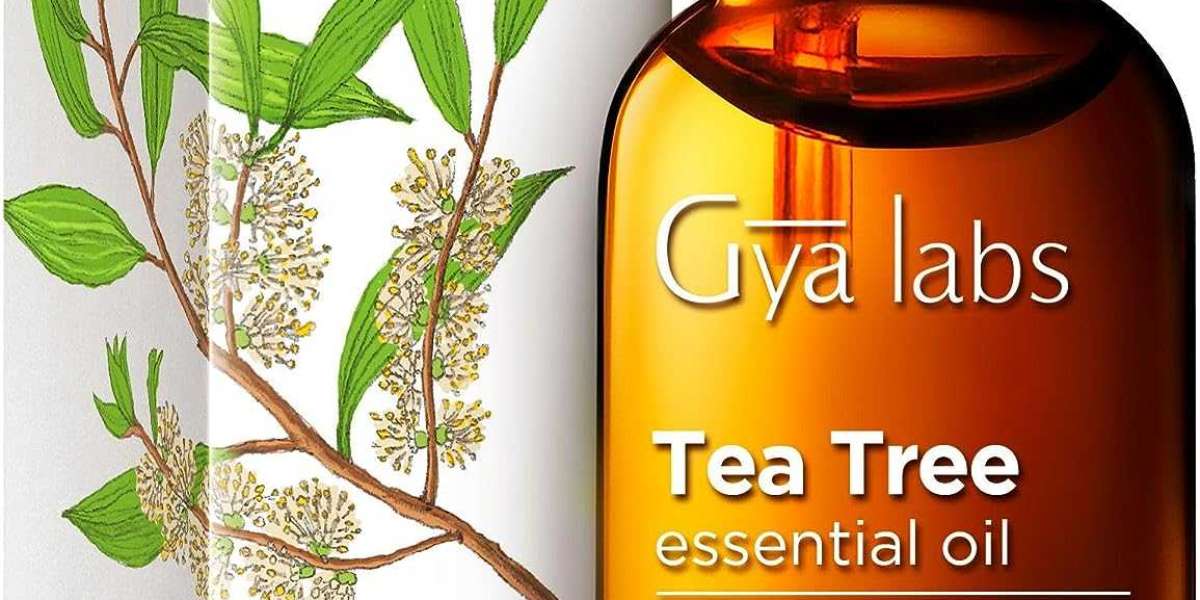Tea tree essential oil has been used for centuries for its medicinal and therapeutic properties. It is a potent antibacterial, antifungal, and antiviral agent, making it an ideal choice for natural cleaning and disinfection. In recent years, there has been a growing interest in using tea tree oil for household cleaning as a safer and more environmentally friendly alternative to harsh chemicals.
This article will explore the benefits of using tea tree essential oil for cleaning, provide recipes for effective cleaning solutions, and offer tips for using it safely and effectively. We will also discuss the potential drawbacks of using tea tree oil for cleaning and the importance of patch testing before using it on surfaces.
Why Use Tea Tree Oil for Cleaning?
Tea tree oil offers several advantages over traditional chemical cleaners:
- Natural and biodegradable: Tea tree oil is a naturally derived product that does not contain harmful chemicals or toxins. It is also biodegradable, meaning that it breaks down naturally in the environment.
- Antibacterial, antifungal, and antiviral: Tea tree oil has potent antimicrobial properties that can kill a wide range of bacteria, fungi, and viruses. This makes it an effective cleaner for surfaces, floors, and laundry.
- Disinfectant: Tea tree oil has disinfectant properties that can help to prevent the spread of germs.
- Safe and gentle: Tea tree oil is generally safe for use on most surfaces, including wood, stone, and ceramic tile. It is also gentle on fabrics, making it a good choice for cleaning laundry.
- Pleasant scent: Tea tree oil has a fresh, woody scent that is naturally deodorizing. It can help to freshen the air and eliminate unpleasant odors.
Recipes for Tea Tree Oil Cleaning Solutions
Here are a few recipes for effective tea tree oil cleaning solutions:
- All-purpose cleaner: Mix 10-15 drops of tea tree oil in a 16-ounce spray bottle filled with water. Shake well to combine. Use this cleaner to wipe down surfaces, floors, countertops, and appliances.
- Floor cleaner: Add 1/2 cup of white vinegar, 1/4 cup of tea tree oil, and a gallon of hot water to a mop bucket. Use this solution to mop floors.
- Laundry detergent booster: Add 10-15 drops of tea tree oil to a load of laundry. This will help to deodorize clothes and kill bacteria.
- Bathroom cleaner: Mix 1/4 cup of baking soda, 1/4 cup of vinegar, and 10-15 drops of tea tree oil in a spray bottle. Shake well to combine. Use this cleaner to scrub toilets, sinks, and bathtubs.
- Mold and mildew remover: Mix 1 teaspoon of tea tree oil in one cup of water. Pour the solution into a spray bottle and apply it to moldy or mildew-affected surfaces. Let it sit for 15-30 minutes before wiping it away.
How to Use Tea Tree Oil for Cleaning
When using tea tree oil for cleaning, it is important to follow these safety tips:
- Always dilute tea tree oil in water or a carrier oil before using it. Tea tree oil can be irritating to the skin and eyes.
- Wear gloves when handling tea tree oil.
- Test the cleaning solution in an inconspicuous area before applying it to a larger surface.
- Do not use tea tree oil on porous surfaces, such as unfinished wood or marble, as it can stain or damage them.
- Keep tea tree oil out of reach of children and pets.
Here are some general tips for using tea tree oil for cleaning:
- Apply the cleaning solution to the surface and let it sit for a few minutes before wiping it away. This will give the tea tree oil time to kill germs.
- For heavily soiled or greasy surfaces, you may need to scrub.
- Rinse the surface thoroughly with water after cleaning.
- Repeat the cleaning process as needed.
Potential Drawbacks of Using Tea Tree Oil for Cleaning
Tea tree oil is generally safe for use as a cleaner, but there are a few potential drawbacks to consider:
- It can be irritating to the skin and eyes. It is important to dilute tea tree oil in water or a carrier oil before using it. If you experience any irritation, discontinue use immediately.
- It can be toxic to pets. Keep tea tree oil out of reach of dogs, cats, and other animals.
- It can stain or damage porous surfaces. Test the cleaning solution in an inconspicuous area before applying it to a larger surface.
- It can be expensive. Tea tree oil is a pure essential oil, so it can be more expensive than synthetic cleaners.








